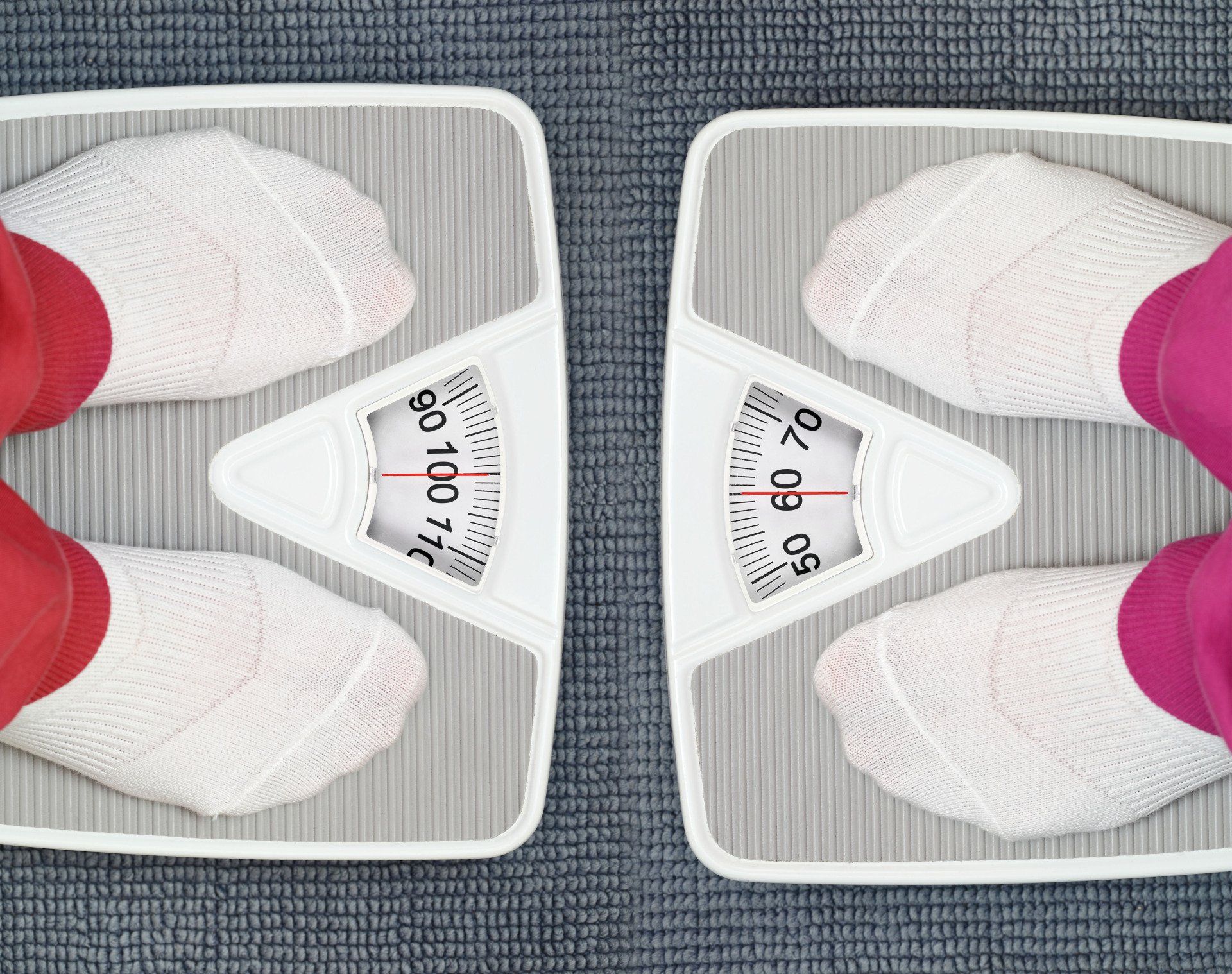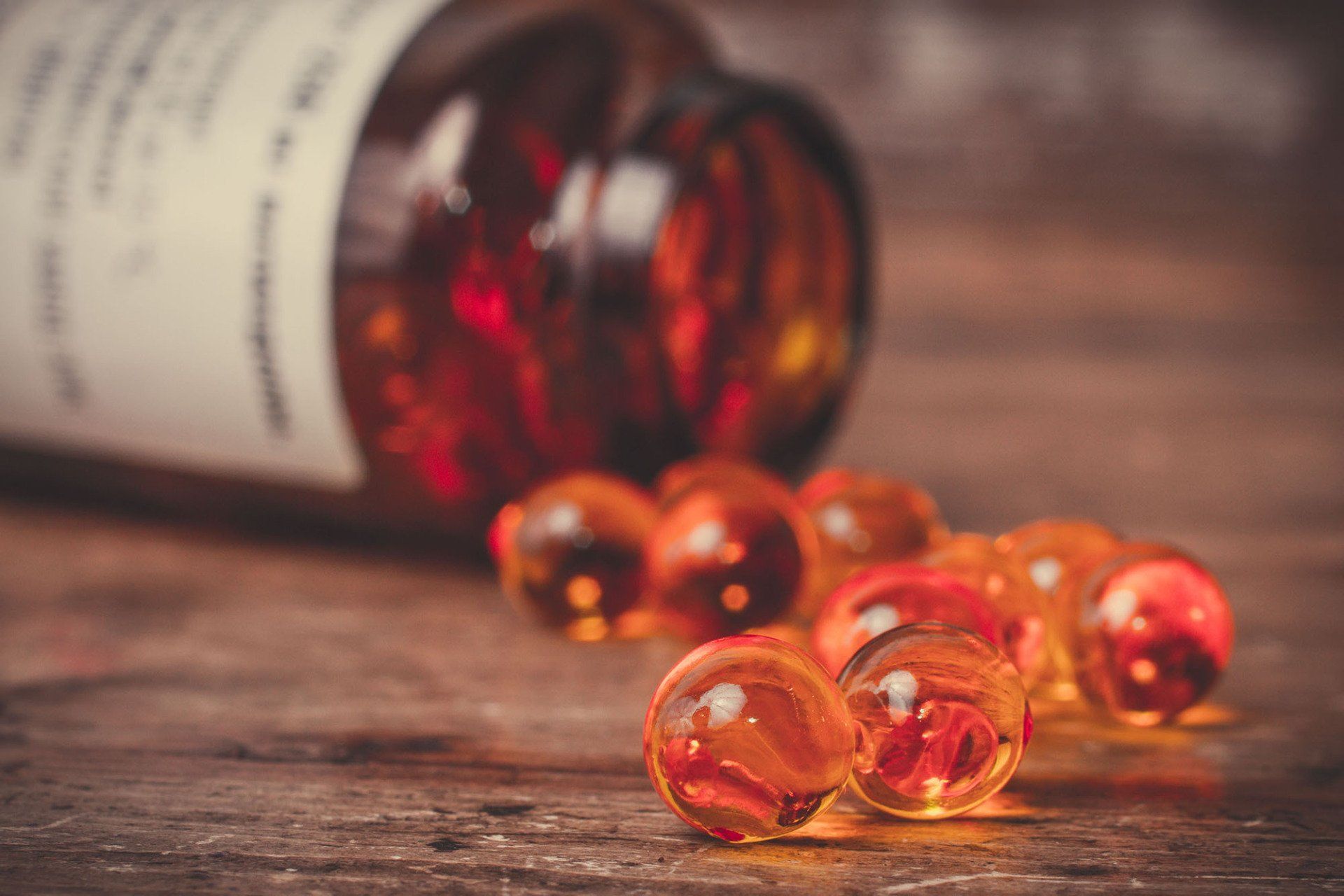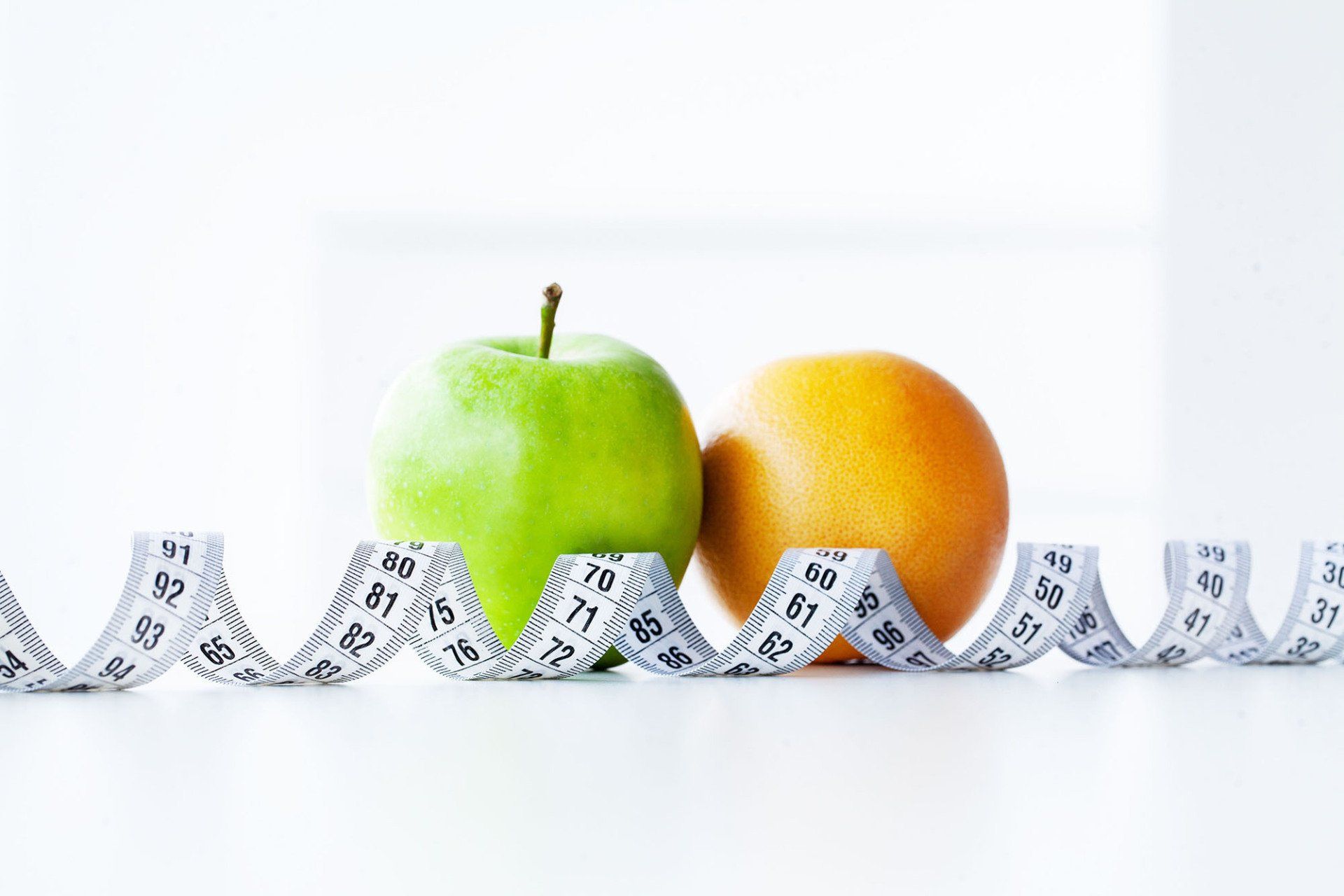Energy Drinks
Energy Drinks?
While the demand for energy drinks is up, and the claims of mental sharpness and resilience echo in the minds of the COVID-19 tired public, caution should also play a major role. While manufacturers need to follow safety limits for caffeine, most dietary supplements are not regulated and can easily make false healthy claims. Some energy drink ingredients must be self-regulated. As always I encourage you to read labels!
Sugar: The American Heart Association recommends a maximum daily intake of 25 grams for women and 37 grams for men. The American diet can quickly reach this limit after your first beverage or meal of the day. Added sugar has been linked to inflammation in the body and development of disease. While fruit sugars and honey can have some benefits, they need to be included in your daily sugar calculation. Simple carbohydrates are turned to sugar by the body and used for energy, but too much sugar means too much storage and additional weight.
L-Carnitine: This is critical to cellular energy production. The body’s liver and kidneys produce it and supplementation is not necessary.
Glucuronolactone: While most energy drinks add this, it has not been proven to boost energy.
Guarana: The berries of this tropical plant have more caffeine than coffee beans. Be cautious if you have high blood pressure, palpitations or anxiety. It can also interfere with having a sound sleep.
Niacin, B12 and Folic Acid: Vitamins that claim to produce energy but they are only needed when there is a deficiency in the body. Unnecessary high doses can actually cause health concerns.
Taurine: This amino acid is found in meat, fish and dairy. Most individuals get plenty in their diet and the extra in a drink is wasted.
Your best energy formula is sensible weight loss for better movement, adequate sleep, hydration with water (64 oz a day), diets rich in veggies and portioned fresh fruit, and involving yourself with positive individuals who energize you and bring happiness and support into your life.











Share On: